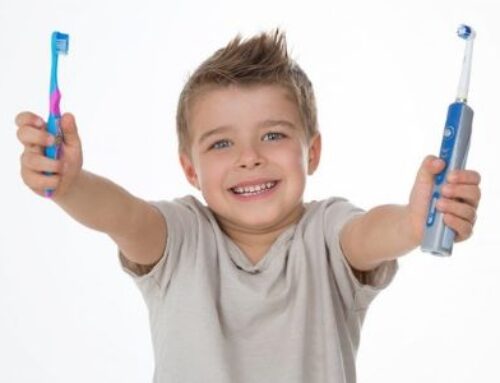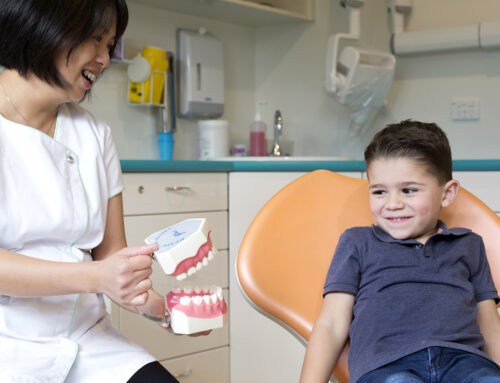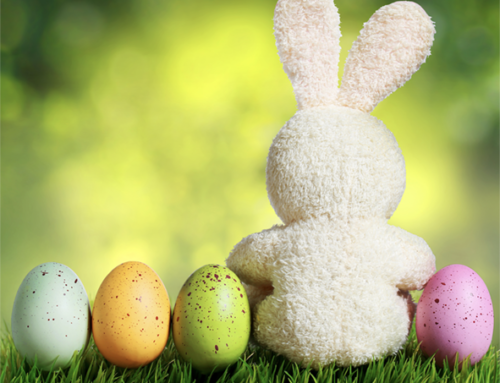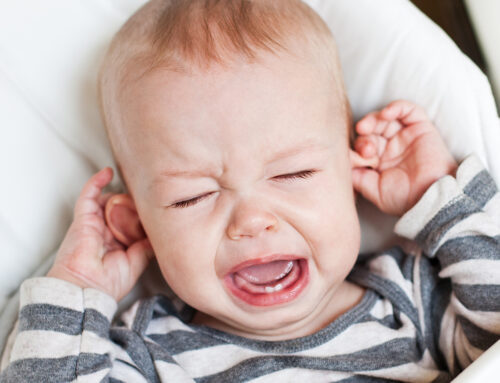
Many parents ask us what impact thumb sucking will have on their child and how they can help to stop it so we thought we’d share some insights we have.
Firstly, thumb sucking is a very natural thing that many children do from an early age…and we mean very early. There is plenty of evidence that shows babies inutero sucking their thumb!
Why do they do it?
Because it helps to soothe or calm the child. There are many moments as a child that are full of anxiousness and having the tools to self-soothe is important. Thumb sucking is one of the easiest and earliest learnt. As parents and carers it’s our role to help teach other methods.
So when should your child stop their thumb sucking?
Previously, it was thought it was OK up until children got their adult teeth but we know from research that this is not correct. Children should reduce thumb sucking from the age of about 3-4.
Thumb sucking can put pressure on the sides of the upper jaw and the soft tissue on the roof of the mouth. This can cause the upper jaw to narrow and the teeth to not meet properly from the top to the bottom. This is often fixed with braces however there are other issues such as speech problems such as a lisp that may need to be corrected with therapy.
There are also other long-term effects of thumb sucking to consider.
Thumb sucking can make a cross-bite worse. The “thumb hole” in the roof of the mouth, which comes from sucking, can cause the teeth in the back of the mouth to have to do most of the chewing. This causes an unevenness across the teeth and impacts the structure of the mouth and jaw as the child grows.
So how can you encourage your child to stop thumb sucking?
* Encourage your child to limit their thumb sucking to times when they are at home or taking a nap and not in public
* Explain that they do it to calm themselves and come up with other things they can do if feeling anxious or tired such as hold a soft toy or blanky
* Encourage your child to be self aware. Ask them if they know they are thumb sucking and remind them of alternatives
* Be encouraging of your child when you notice they aren’t thumb sucking or choose an alternative
* Don’t use gloves or foul tasting deterrents. Remember your child does this activity to calm his or herself. They shouldn’t be punished.



